Comprehensive Guide to Zirconia Veneers
2024-08-10
2025-10-05
Navigating the market for 5-axis dental milling machines can be daunting, with prices ranging from $15,000 to over $80,000. These versatile powerhouses handle complex geometries across multiple angles, essential for intricate restorations like implants and full arches. This 2025 guide breaks down prices, trends, and value propositions to help you invest wisely.
Entry-level 5-axis mills start at $15,000-$25,000 for basic dry milling, while mid-range ($30,000-$50,000) add wet capabilities and automation. Premium models ($60,000+) boast AI diagnostics and unlimited material support.
Factors influencing cost: spindle speed, axis simultaneity, and software bundles.
Hybrid Wet/Dry Systems: Versatile for zirconia to titanium, reducing need for multiple machines.
AI-Optimized Paths: Software that shortens milling times by 20-30%.
Modular Upgrades: Scalable designs for future-proofing investments.
Affordable Precision: Chinese innovations lowering barriers without quality dips.
Yucera's 5-axis dental milling machines offer competitive pricing around $20,000-$40,000, with trends-aligned features like high-RPM spindles and tool changers. Paired with their zirconia blocks, they deliver cost-effective, high-volume production.
Assess volume: Low? Go basic. High? Invest in automation. Factor in warranties (2-5 years) and service networks. Total ownership cost includes consumables—opt for machines with low-wear tools.
Demo units to test on zirconia for real-world efficiency.
Prices may dip 10% due to supply chain stabilization, with trends toward subscription software for updates. 5-axis will dominate, comprising 60% of new sales.
Arm yourself with this guide—explore Yucera for trend-forward, budget-savvy 5-axis solutions that maximize ROI in 2025.

Dry & wet milling for zirconia, PMMA, wax with auto tool changer.
learn more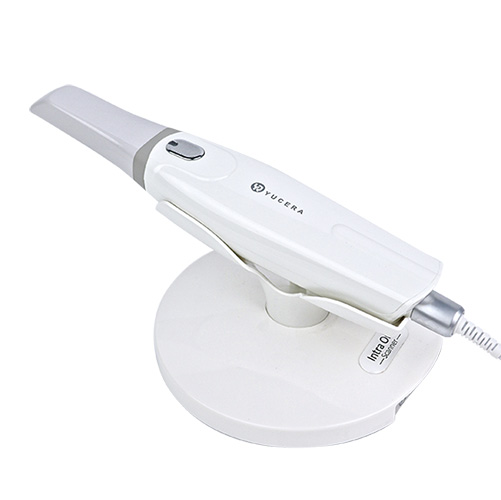
High-precision 3D scanning, AI calibration, full-arch accuracy.
learn more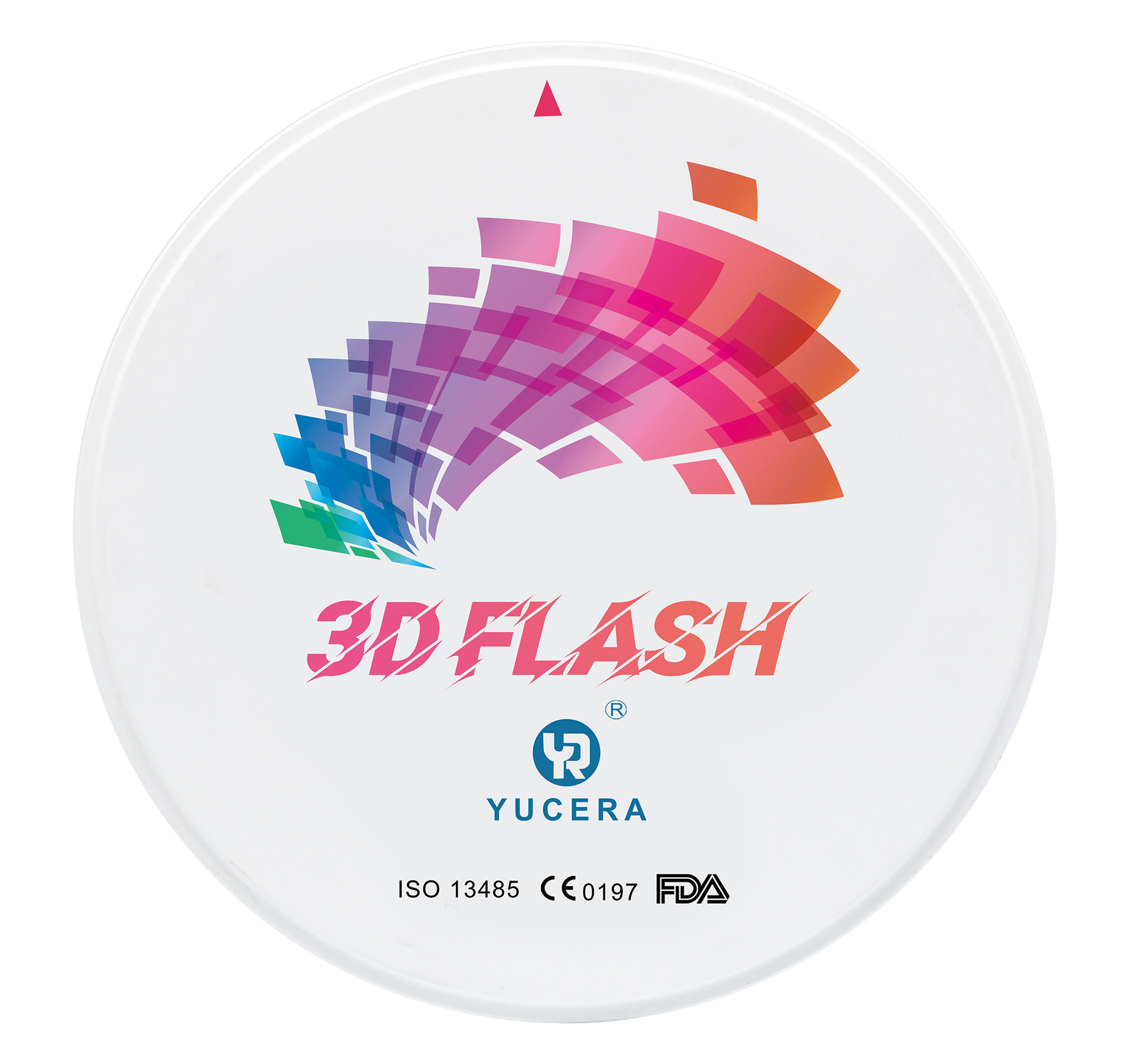
40-min full sintering with 57% incisal translucency and 1050 MPa strength.
learn more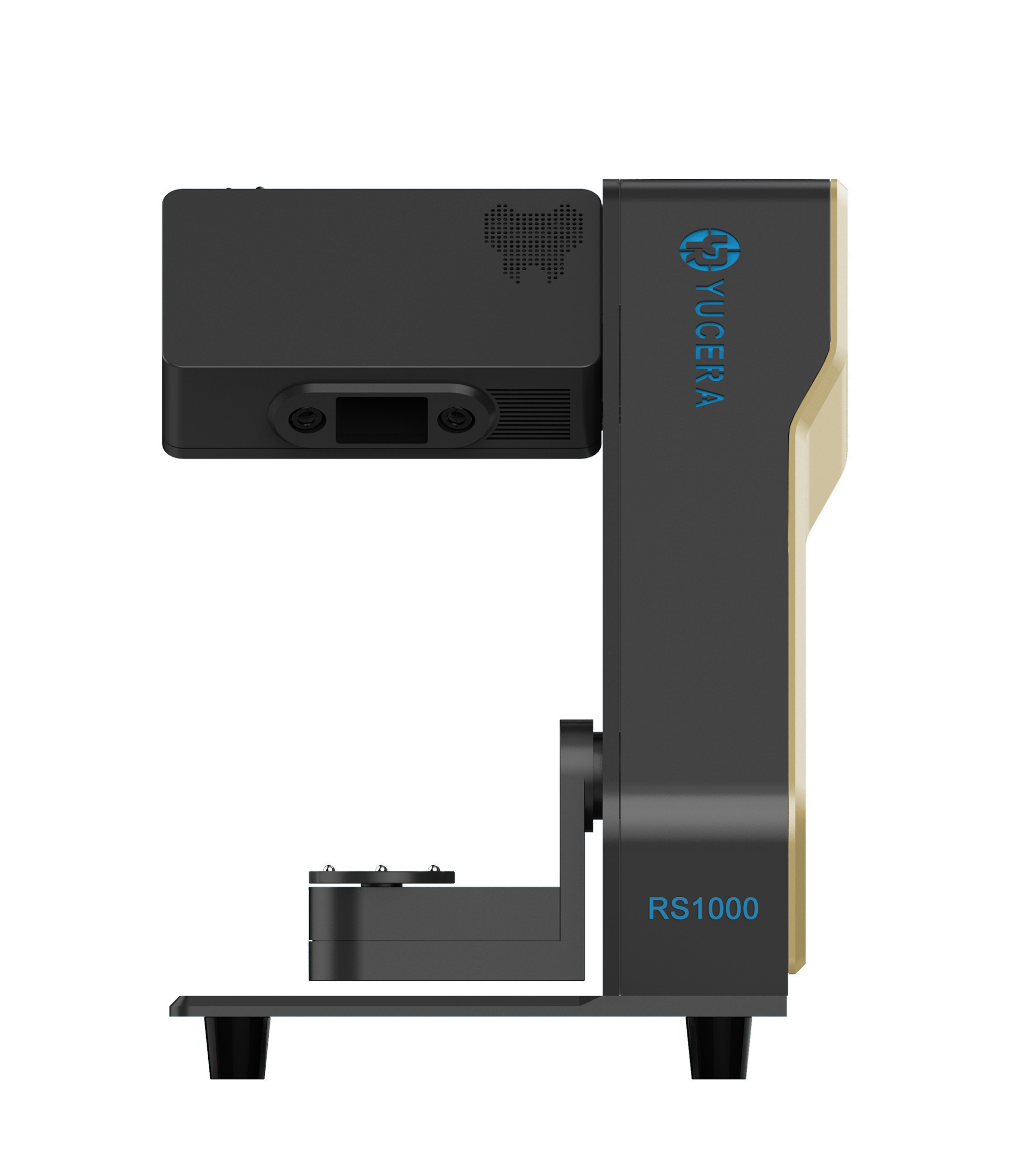
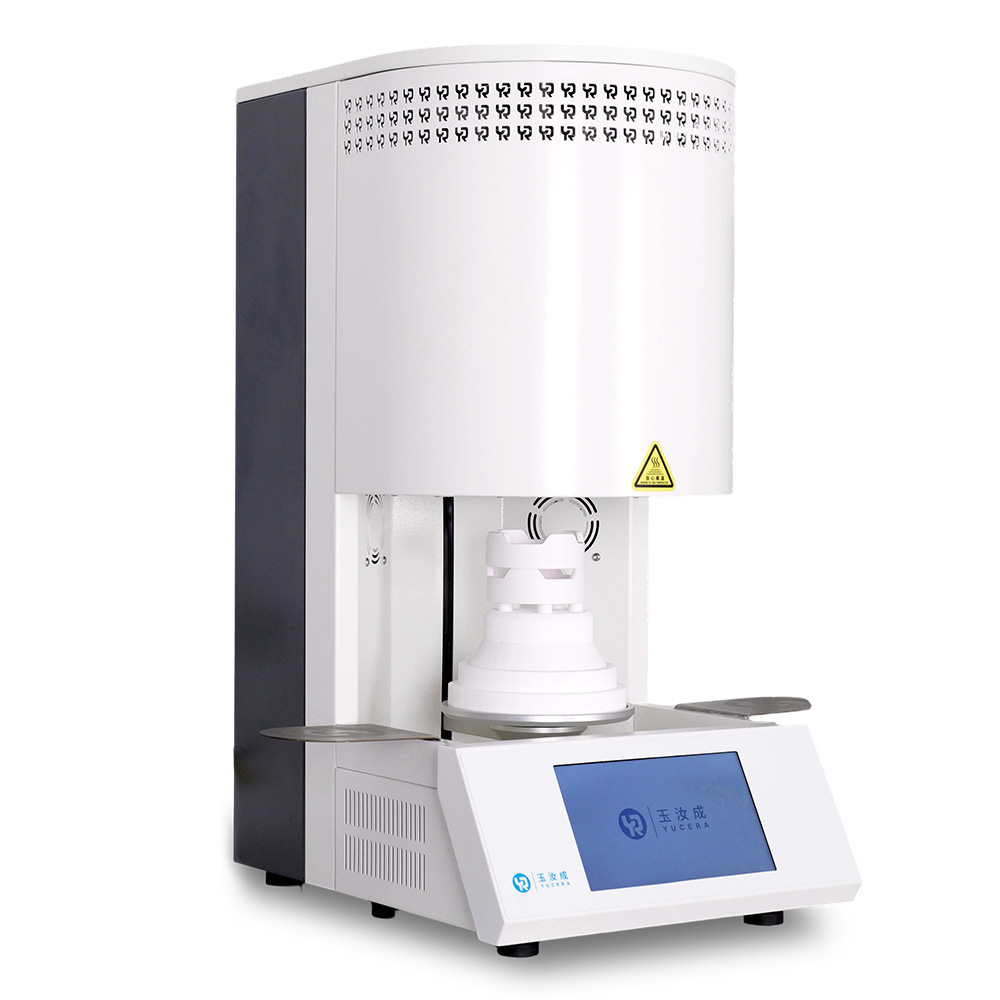
40-min cycle for 60 crowns, dual-layer crucible and 200°C/min heating.
learn more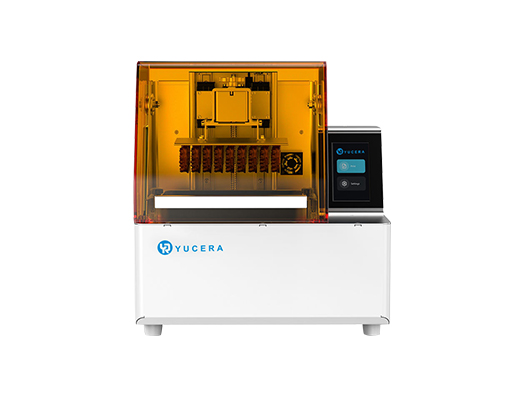
High-speed LCD printer for guides, temporaries, models with 8K resolution.
learn more